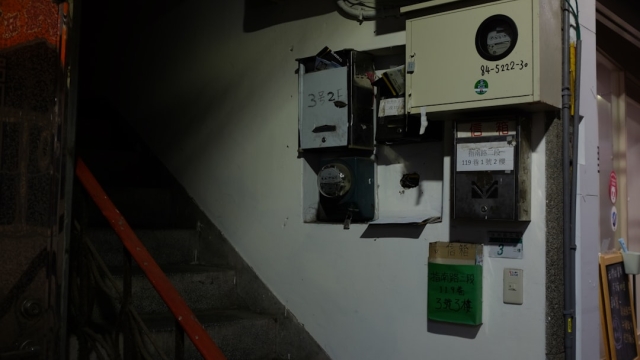In today’s unpredictable world, having a reliable emergency power supply is crucial for ensuring safety and comfort during unexpected power outages. Whether due to severe weather, natural disasters, or equipment failure, the ability to maintain electricity during such events can make a significant difference. This article explores different types of emergency power supplies, guides you in choosing the right one for your needs, and provides tips for installation and maintenance.
Types of Emergency Power Supplies
When it comes to emergency power supplies, there are three primary types to consider: generators, inverters, and battery backups. Each has its own unique features and benefits, making them suitable for various situations.
Generators
Generators are perhaps the most well-known type of emergency power supply. They can run on gasoline, diesel, or propane and are capable of providing substantial power to your home. Portable generators are ideal for short-term use and can power essential appliances, while standby generators can be permanently installed and automatically kick in during an outage. One key advantage of generators is their ability to supply power to multiple devices simultaneously, making them perfect for larger households or businesses.
Inverters
Inverters convert direct current (DC) from batteries into alternating current (AC), which is what most household appliances require. They are typically smaller and quieter than generators, making them suitable for camping or small-scale applications. Inverters can be paired with solar panels for a sustainable energy solution, allowing for continuous power during the day and charging batteries for use at night. While they may not provide as much power as generators, they are an excellent option for those seeking a more environmentally friendly alternative.
Battery Backups
Battery backup systems store electricity for use during outages. These systems are often used in conjunction with solar power but can also be charged from the grid. Battery backups are ideal for powering essential devices, such as medical equipment, refrigerators, or communication devices, ensuring that you stay connected and safe during emergencies. Their compact size and quiet operation make them a popular choice for residential use.
| Type | Power Source | Best For |
|---|---|---|
| Generators | Gasoline, Diesel, Propane | Large households, multiple devices |
| Inverters | DC from batteries | Camping, small applications |
| Battery Backups | Stored electricity | Essential devices, sustainability |
Choosing the Right Emergency Power Supply
Selecting the right emergency power supply depends on various factors, including your power requirements, budget, and intended use. Start by assessing the critical devices you need to power during an outage, such as refrigerators, medical equipment, or heating systems. Calculate the total wattage required to ensure your chosen system can handle the load. Next, consider your budget. Generators, while powerful, can be more expensive than inverters or battery backups. It’s essential to balance your needs with your financial constraints. Additionally, think about the frequency and duration of potential outages in your area. If you live in a region prone to extended outages, investing in a higher-capacity generator may be worthwhile.
Installation and Maintenance Tips
Proper installation and maintenance of your emergency power supply are vital for ensuring reliability when you need it most. For generators, consider hiring a professional to ensure safe installation and compliance with local codes. It’s important to keep fuel supplies on hand and regularly check the generator’s oil and filters. For inverters and battery backup systems, ensure you follow the manufacturer’s guidelines for installation. Regularly check the battery’s charge level and replace it according to the recommended schedule to avoid failures during critical times. Finally, conduct routine tests of your emergency power supply systems to ensure everything functions correctly. This proactive approach will help you avoid unpleasant surprises during an emergency and ensure your power supply is always ready when needed. In conclusion, having an emergency power supply is an essential consideration for any home or business. By understanding the different types available, selecting the right system for your needs, and maintaining it properly, you can ensure peace of mind during unexpected power disruptions. For more information and options regarding emergency power supply solutions, visit [Jetgenset](https://www.jetgenset.com).

